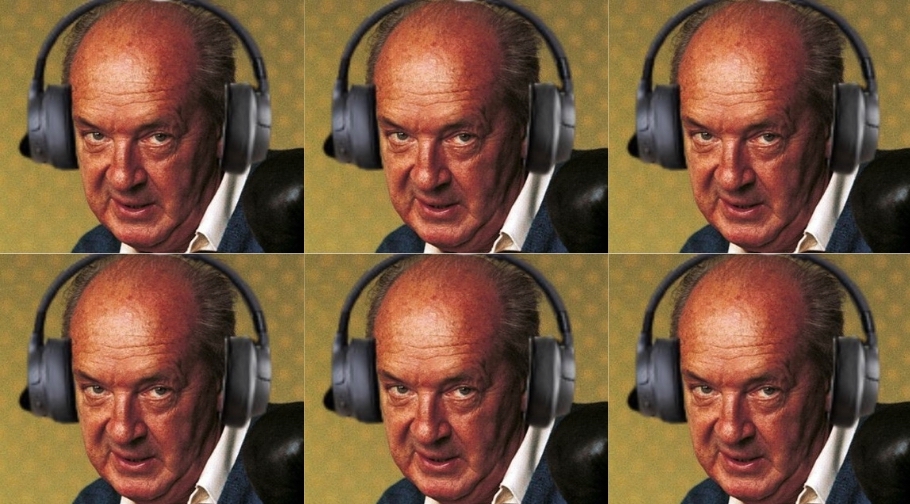Michel Faber at Literary Hub:
 In his memoir Speak, Memory, Vladimir Nabokov reflected: “Music, I regret to say, affects me merely as an arbitrary succession of more or less irritating sounds.”
In his memoir Speak, Memory, Vladimir Nabokov reflected: “Music, I regret to say, affects me merely as an arbitrary succession of more or less irritating sounds.”
The furor over Lolita may have died down, but this confession still has the power to shock. Did the man just say he doesn’t like music? That’s not a matter of preference, such as not caring for sports or pets; it’s a pathological condition.
Accordingly, it’s been given one of those Greek-derived diagnostic labels that allow us to imagine we’ve established a scientific truth rather than merely invented a term: “musical anhedonia.”
And it gets worse: you might have “congenital amusia” (no laughing matter). That’s when, “despite the universality of music,” you find yourself in that “minority of individuals” who, according to The Oxford Handbook of Music and the Brain, “present with very specific musical deficits that cannot be attributed to a general auditory dysfunction, intellectual disability, or a lack of musical exposure.”†
In other words, there are people who don’t get on with music even though they’re not deaf, stupid or ignorant.
More here.
